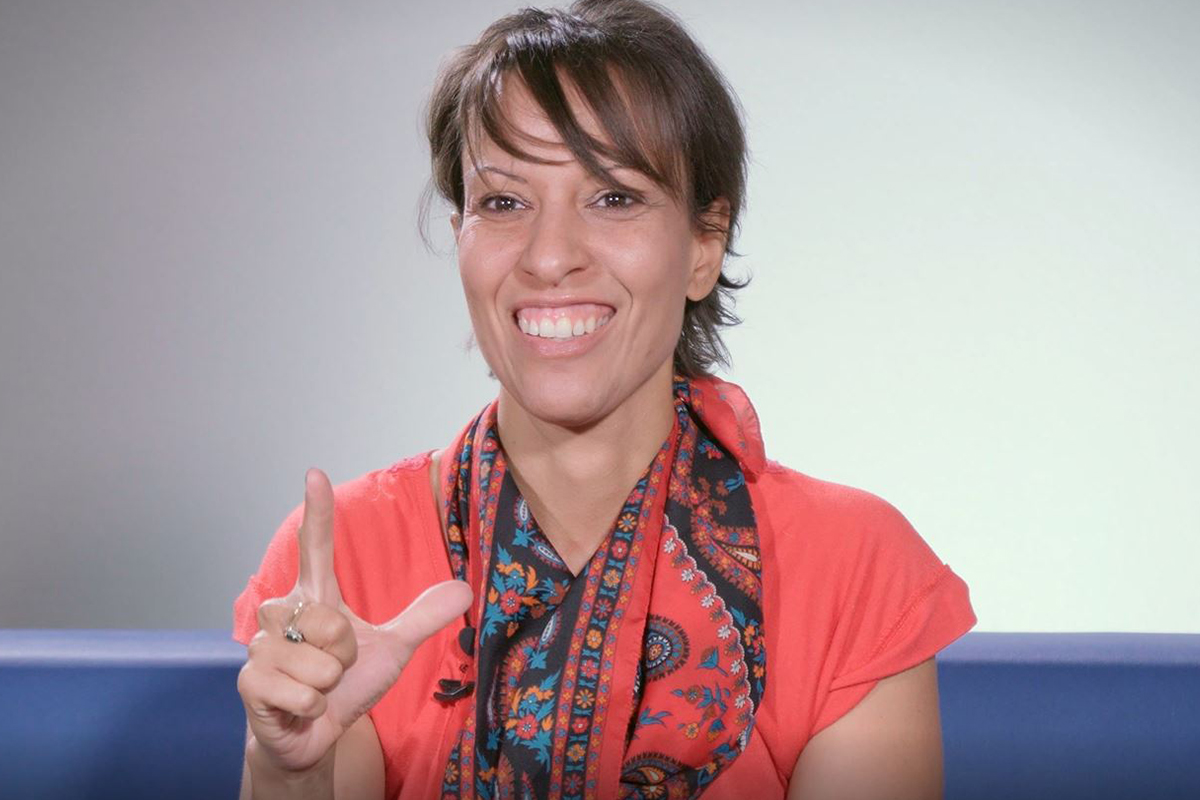Our client, Selene Alverio was denied an American Sign Language (ASL) interpreter by the Bernalillo County Metropolitican Court and Judge Daniel Ramczyk during a November 2018 civil dispute hearing. Although Ms. Alverio requested an interpreter approximately two weeks before the hearing, which was well before the court’s deadline of forty-eight hours advance notice, as well as several times during her hearing, all of her requests were denied.
In response, we filed a discrimination complaint with the U.S. Department of Justice.
Although Ms. Alverio can understand some spoken language with the assistance of cochlear implants and by reading lips, the background noise in the courtroom combined with the distance between her and the judge, as well as the accent and position of the opposing party, made it impossible for her to fully understand what was transpiring. Ms. Alverio asked Judge Ramczyk several times throughout the proceeding for an interpreter, but he refused, calling her an “obstructionist” and accusing her of being dishonest about her ability to understand.
The ACLU of New Mexico is requesting that the Civil Rights Division of the United States Department of Justice investigate the incident of discrimination and require Judge Ramczyk and Metropolitan Court staff to undergo training regarding their obligations to provide accommodations for deaf individuals under the American Disabilities Act.
You can see a copy of our complaint here.
